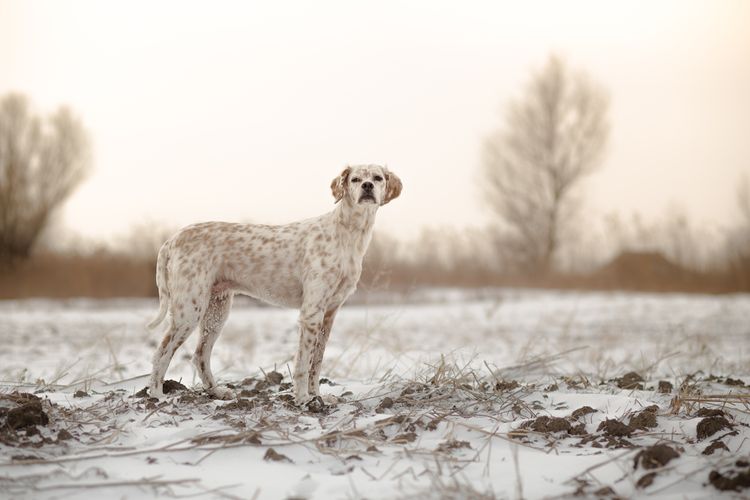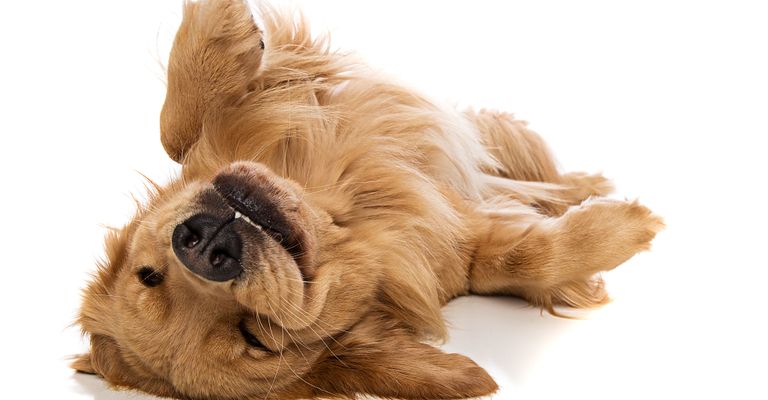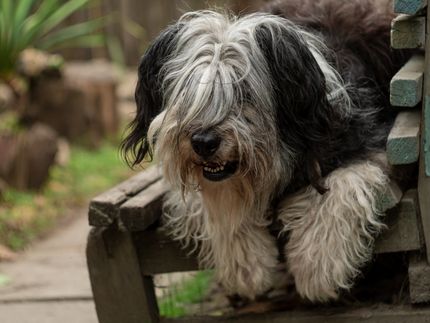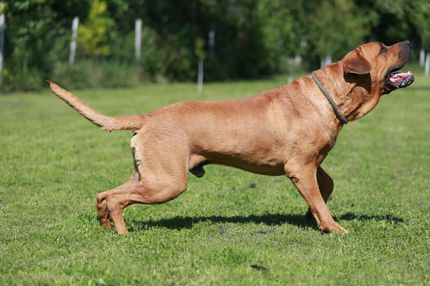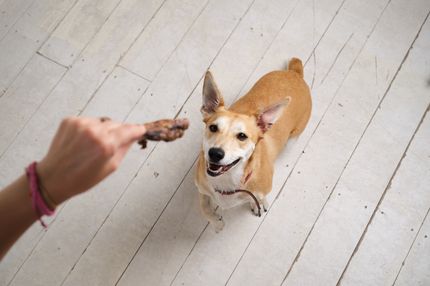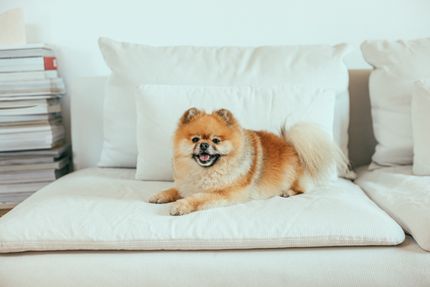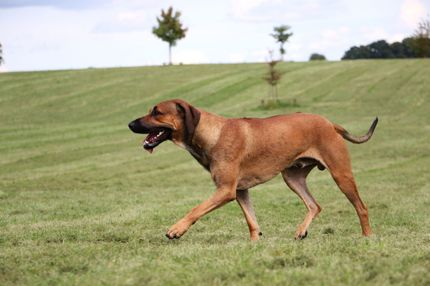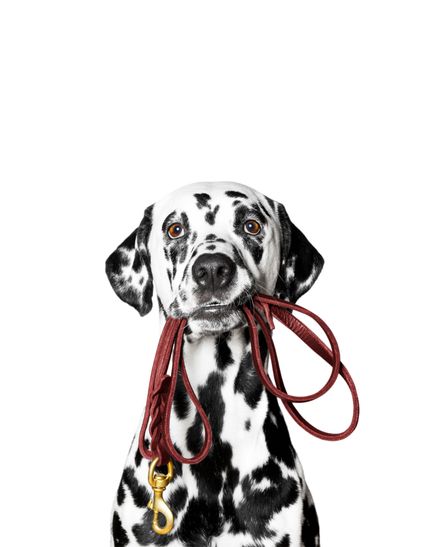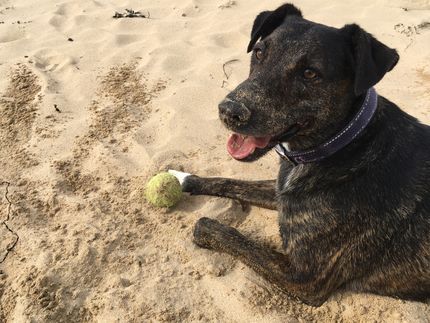Protect dog paws from cold & snow: Full of verve through the winter
Finally it is here, the winter! Not only us two-legged friends, but also our four-legged friends enjoy the cold season. While cats like to make themselves comfortable indoors, one is now in its element: your dog. It's always a fun sight to see our dogs running through the deep snow, chasing the snowball and rolling around in the white glory. However, dog paws are very sensitive and need a lot of care, especially in winter. With the following five tips you come well through the winter.
Tip 1: Put some cream on your dog's paws
Apply a paw protection ointment to your dog's paws before you take him for a walk. This will prevent road salt from penetrating. For paw care, use an ointment, cream or paw spray. This keeps the paws supple and protects them from road salt.
Important: Only use ointments, sprays or creams that do not contain any substances that are toxic for the dog, because he will certainly lick his paws after applying the cream. Use only natural ingredients such as calendula and chamomile extracts or ointments based on beeswax.
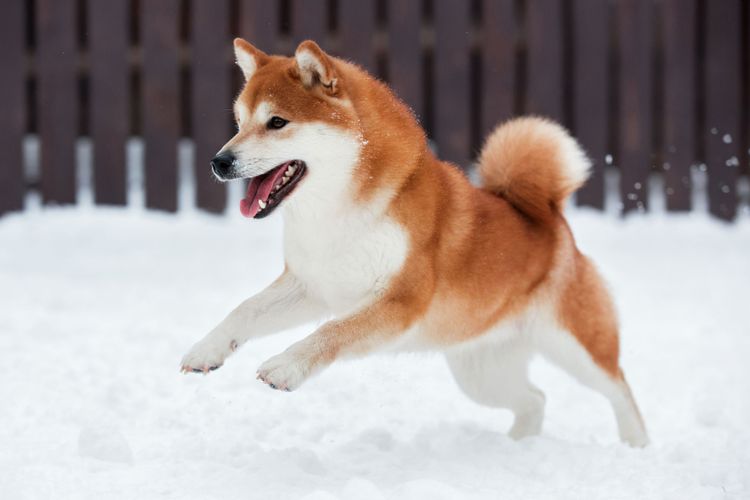
Tip 2: Shorten coat
You should shorten long fur between the pads in winter. Then no ice and snow clumps can form there. If you don't want to shorten the fur yourself, you can have it professionally shortened at a dog salon.
Tip 3: Clean paws after a walk
It's so wonderful to let off steam in the snow. Almost all dogs love the white splendour. After the walk you have to clean your four-legged friend's paws with warm water. To do this, you need a bowl of lukewarm water, a cloth and a towel to wipe them dry. Use the cloth and the warm water to carefully remove snow, grit and road salt from your pet's paws.
If your dog has kicked in grit despite your care, it will cause your pet a lot of pain. Small splinters can be removed with tweezers, for larger pieces, take your pet to the vet immediately.
Tip 4: Make sure your dog does not lick his paws
When you get home, clean your dog's paws immediately and make sure he doesn't beat you to it and lick his paws. Your four-legged friend can get diarrhea from this, because the litter is not good for the dog's stomach at all. This is also the reason why you always have to make sure that your dog does not eat snow. Is easier said than done because dogs love to eat snow. However, snow is too cold for dogs' stomachs and contains impurities in the form of road salt and de-icing agents.
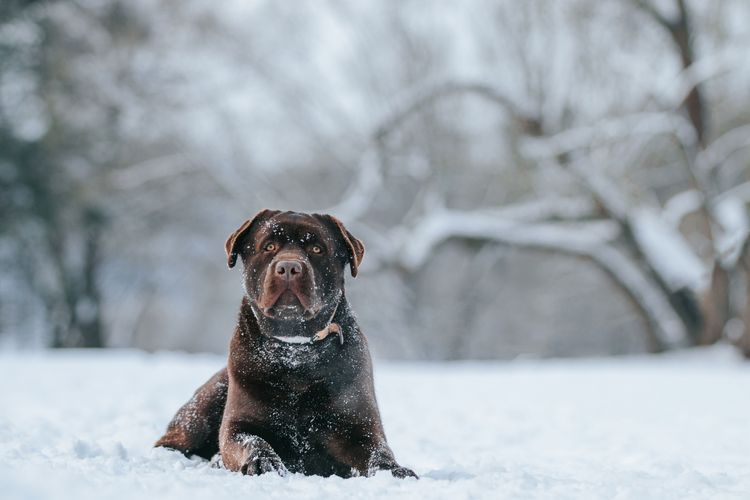
Tip 5: Dog shoes for very sensitive paws
Dog shoes polarize and about the sensefulness is fiercely discussed. Proponents and opponents usually deliver a fierce exchange of blows. The discussions range from torment to balance problems. For very sensitive dog paws, however, they are a good paw protection in winter. Provided that the size fits and they do not slip.
